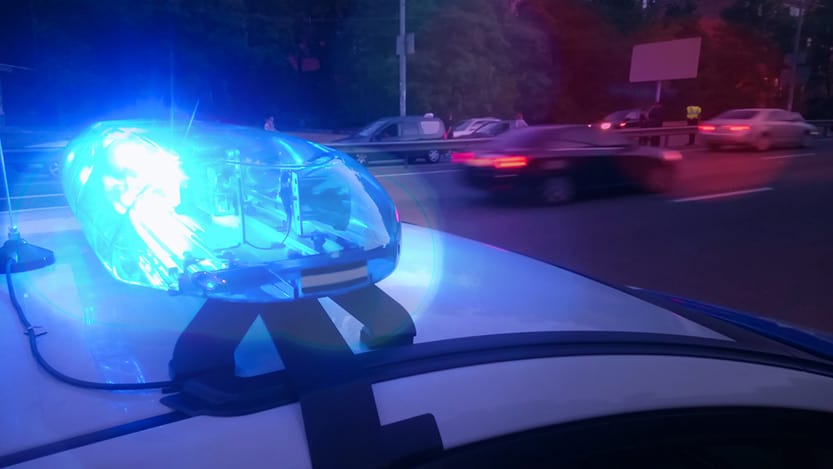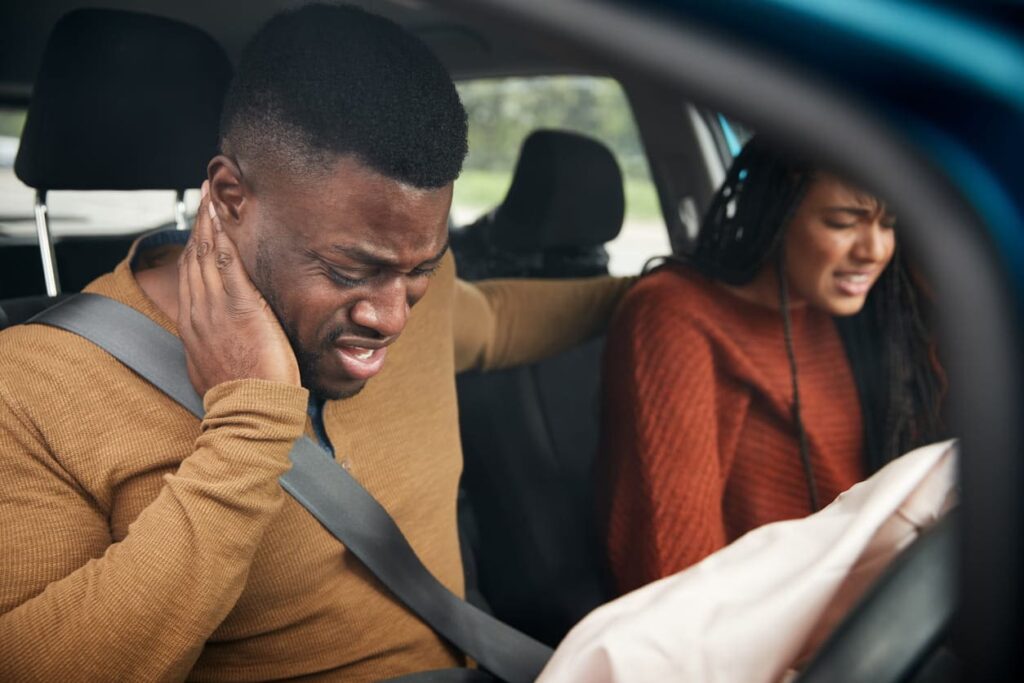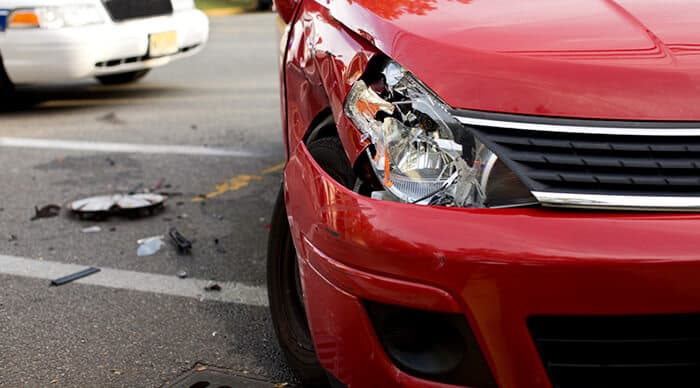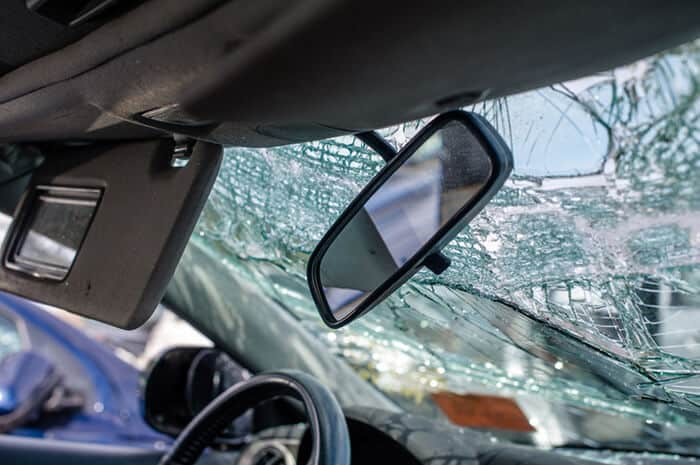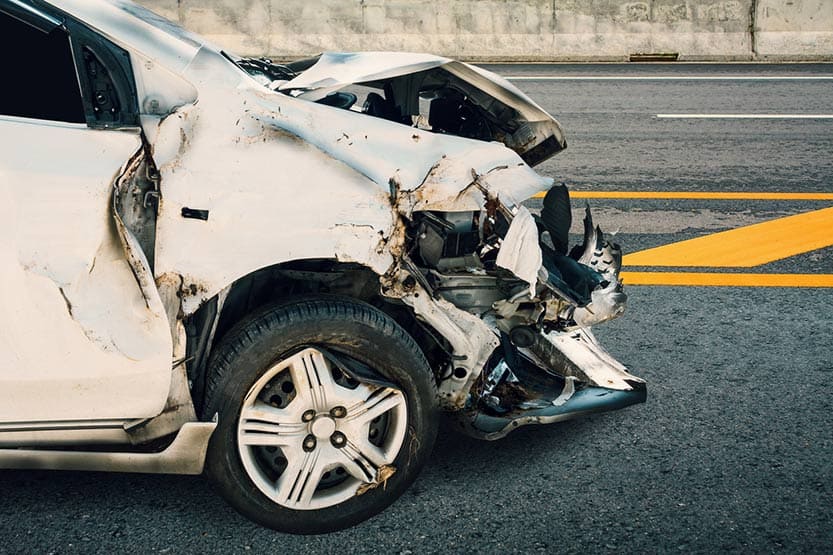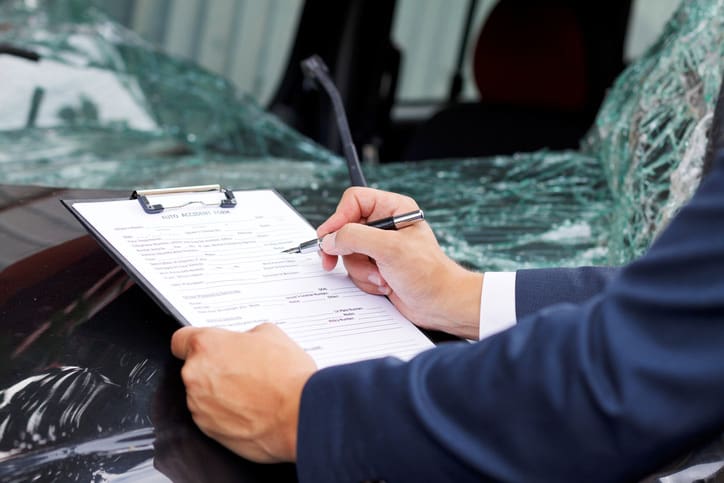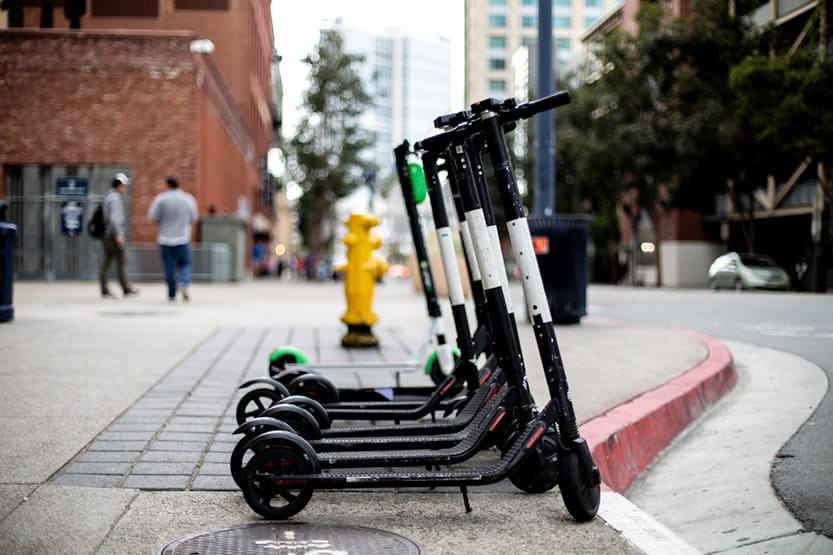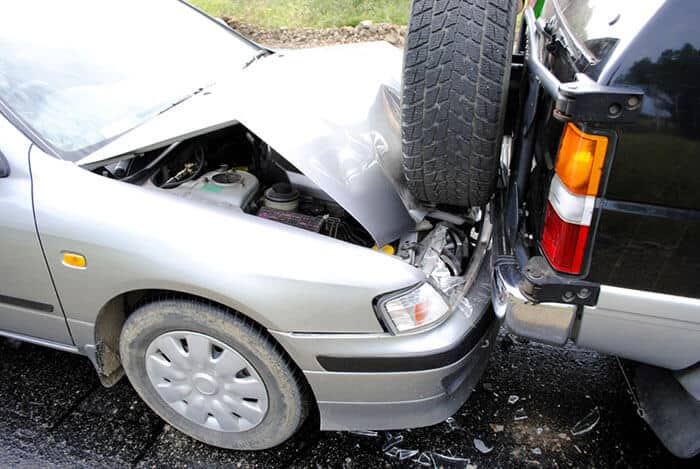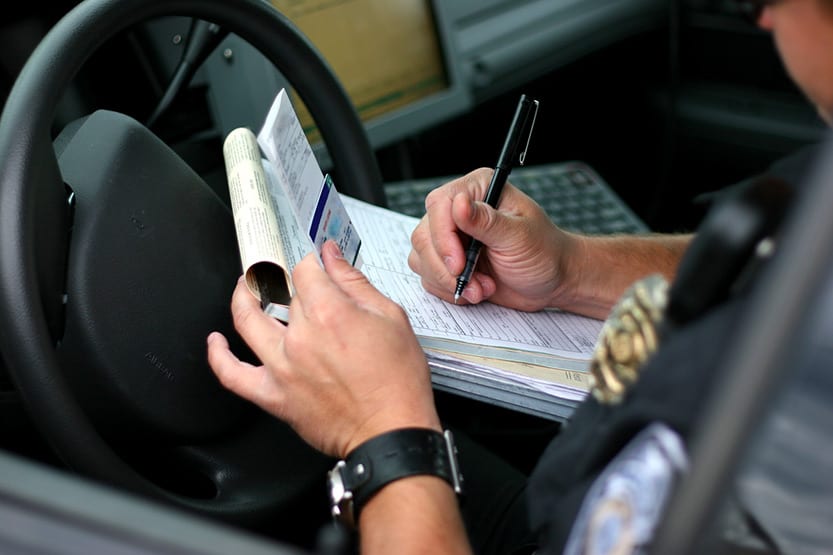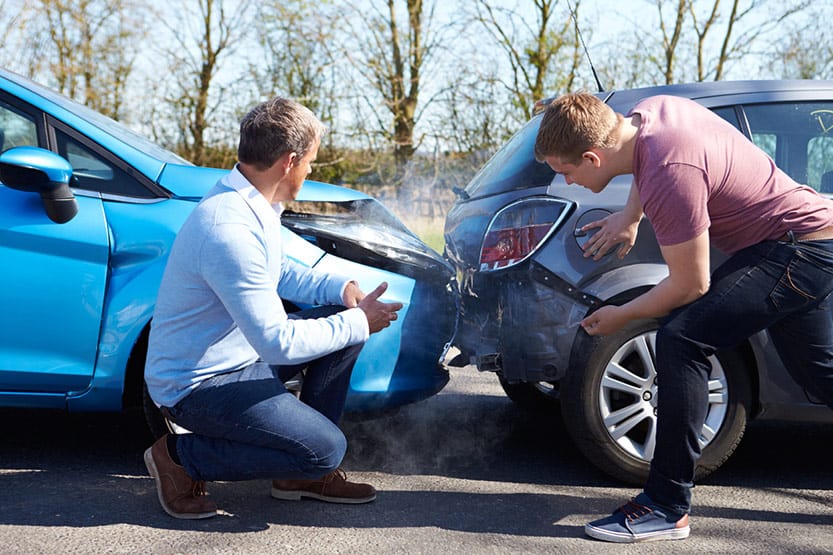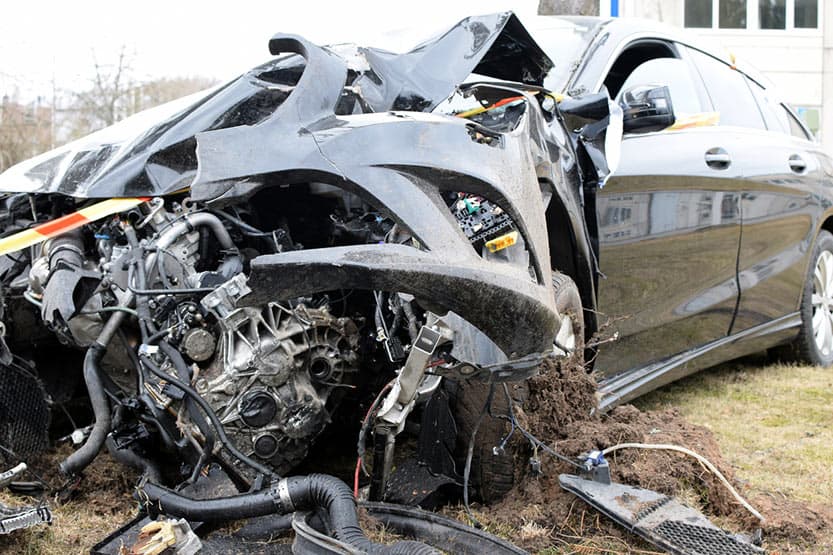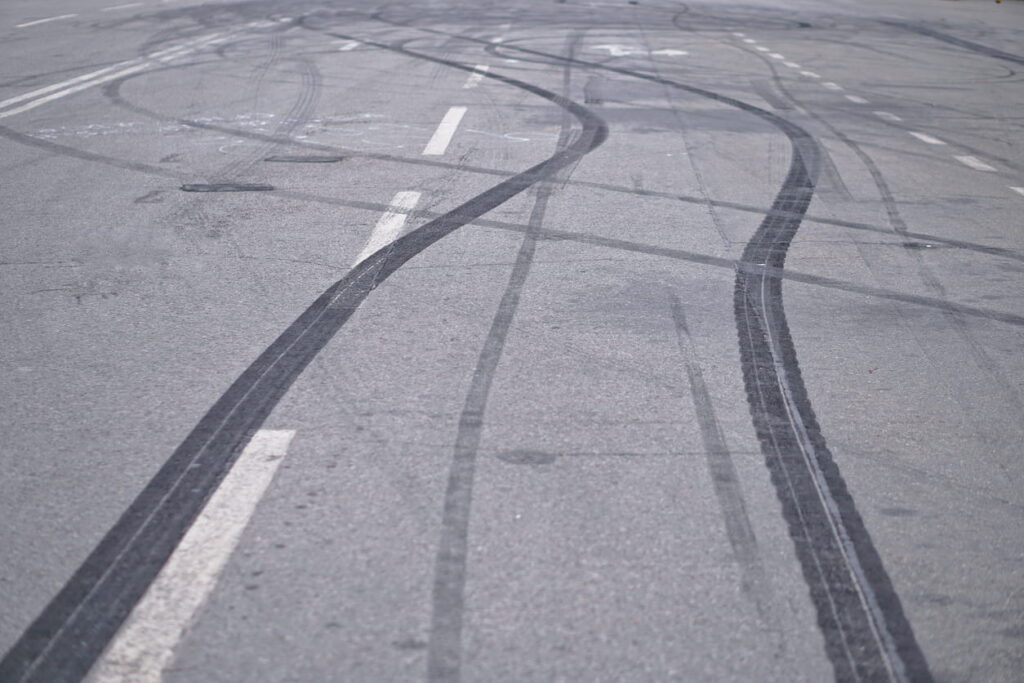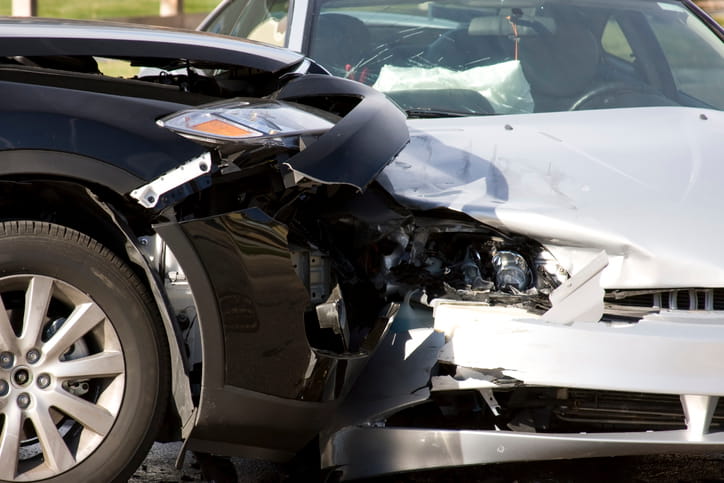COLORADO CAR ACCIDENT STATUTE OF LIMITATIONS
When you are injured in a car accident in Colorado, you only have a set amount of time to file an injury claim against the negligent party. This time constraint is called the statute of limitations. Should you miss the deadline, you cannot seek any monetary damages from the responsible party. This is why consulting with a Colorado car accident lawyer as soon as possible is essential.
Bachus & Schanker Wins – Over $1 Billion Recovered
- What are my rights if I were in a car accident?
- What is a statute of limitations?
- What is the Colorado statute of limitations for car accidents?
- Are there exceptions to the statute of limitations in Colorado?
- When does the clock start ticking?
- What if my injury is not immediately known?
- How long after a car accident do you have to file a police report?
- How many years after a car accident can you file a lawsuit?
- Who does the statute of limitations apply to?
- What is the statute of limitations for under and uninsured drivers?
- Do statutes of limitations exist for hit-and-run car accidents?
- How do I meet the statute of limitations in a car accident case?
- Related Car Accident Resources
- You Deserve Fair Compensation
What are my rights if I were in a car accident?
Your rights in a car accident depend on your local laws and the circumstances of the incident. Generally speaking, you may have the right to recover compensation from any responsible parties for medical bills, property damage costs, lost wages if you were unable to work due to your injuries, and other related expenses.
Additionally, some jurisdictions allow victims of car accidents to seek non-economic damages such as pain and suffering. You should consult a car accident attorney for more detailed information about the potential for recovery in your car accident.
What is a statute of limitations?
A statute of limitations is the amount of time that you have to bring a legal case based on a certain event. It’s an arbitrary time limit that says how long you have to start a lawsuit after an event occurs, which creates a legal cause of action. The purpose of having time limits is to ensure that the justice system decides cases when the evidence is fresh and that all parties involved have closure.
What is the Colorado statute of limitations for car accidents?
The Colorado statute of limitations for car accidents is three years from the date of the accident. If you intend to file a claim against the responsible party, you must do so within three years or risk having your claim barred due to an expired statute of limitations.
Are there exceptions to the statute of limitations in Colorado?
The statute of limitations may be extended if extenuating circumstances can be proved. For example, a minor was involved in the accident and would not have met the age requirement prior to the expiration date.
Another exception is when wrongful death occurs during a hit-and-run accident. The decedent’s family has four years to initiate a wrongful death lawsuit for this type of car accident.
In other situations, the statute of limitations for car accidents in Colorado can be shorter. For instance, in the case of other types of wrongful death, legal action must commence within two years from the accident date. Additional exceptions may exist, so you should consult an attorney for further information on what could apply to your particular situation.
When does the clock start ticking?
The clock generally starts ticking on the date of the car accident. It is important to note that depending on the explicit terms of the applicable law, some courts may consider other factors, such as when a person became aware of their injury or harm, to determine when the limitations period has begun. Therefore, contacting a personal injury lawyer to confirm when your statute of limitations begins is highly recommended.
What if my injury is not immediately known?
In some cases, a person may not immediately be aware of the injuries they have sustained in a car accident. In Colorado, this is permissible and does not necessarily preclude recovery as long as the statute of limitations has yet to expire when the injury is initially discovered. However, contacting an attorney or reviewing your state’s applicable laws is crucial to ensure you comply with any particular statutes regarding delayed discovered personal injury claims.
How long after a car accident do you have to file a police report?
In Colorado, it is recommended to file a police report as soon as reasonably possible following a car accident. The state requires drivers involved in an accident resulting in property damage or injury to notify local law enforcement authorities immediately.
Failure to do so may subject you to criminal penalties and fines depending on your local jurisdiction. It is, therefore, best practice, even if no one was injured, to contact the pertinent local law enforcement agency after any type of motor vehicle incident.
How many years after a car accident can you file a lawsuit?
As mentioned previously, you generally have up to three years to file a lawsuit, whether you are filing a non-injury accident for property damage or an injury claim along with a property damage claim. Failure to do so will result in your inability to hold the negligent party responsible for your damages and injuries.
Who does the statute of limitations apply to?
The statute of limitations for car accidents in Colorado applies to everyone who may have a case based on the events surrounding the car accident. Drivers, passengers, bicyclists, and even pedestrians are subject to the time limits to file a claim. Anyone with a claim based on their car accident injuries must comply with the statute of limitations and file their case by the deadline.
What is the statute of limitations for under and uninsured drivers?
Under and uninsured drivers have three years to file an injury claim when another driver was the negligent party. When an underinsured or uninsured driver was responsible for the car accident, the victim could bring a lawsuit against the responsible party within three years.
However, in many cases, the victim will file an injury claim against their own insurance policy. Should the insurance company not want to settle or is not offering a reasonable settlement, you have two years to file a lawsuit. As you can see, the laws surrounding car accident injury cases can be complex and confusing. This is why it is always best to consult an experienced car accident lawyer.
Do statutes of limitations exist for hit-and-run car accidents?
Yes, there are statutes of limitations for hit-and-run car accidents — the statute of limitations for accidents where the person sustains injuries and property damage is three years. The exception is if wrongful death occurs. If someone dies during a hit-and-run accident, the victim’s family has four years to file a lawsuit.
How do I meet the statute of limitations in a car accident case?
The best way to meet the statute of limitations in a car accident case is to consult with an experienced car accident attorney at Bachus & Schanker as soon as possible. Our lawyers will assist you in filing your claim in court to protect your rights and ensure you meet the statute of limitations.
Once your claim is legally filed, it will not matter how long it takes to settle your case. Additionally, we will advise on your legal rights and filing deadlines. We work tirelessly to ensure you receive the monetary damages you are entitled to by negotiating reasonable settlements and going to trial if necessary.
Sources:
CRS 13-80-101. (2023).
CRS 13-80-102. (2023).
CRS 42-4-1606. (2023).
Related Car Accident Resources
You Deserve Fair Compensation
Don’t let the insurance companies intimidate you into accepting less than you deserve. We’re ready to fight for you.

Written and Legally Reviewed By: Kyle Bachus
4.6 ★★★★★ 1,461 Google Reviews
Kyle is a member of the Colorado and Florida Bar associations and has served on the Board of Directors of the Colorado Trial Lawyers Association for more than twenty years in total. Over the years, Kyle has achieved justice for many clients. He has served on numerous committees and repeatedly won recognition from his peers at both the state and national level. He is proud of the role he has played in the passage of state and national legislation to protect consumers and is a frequent speaker and guest lecturer.








